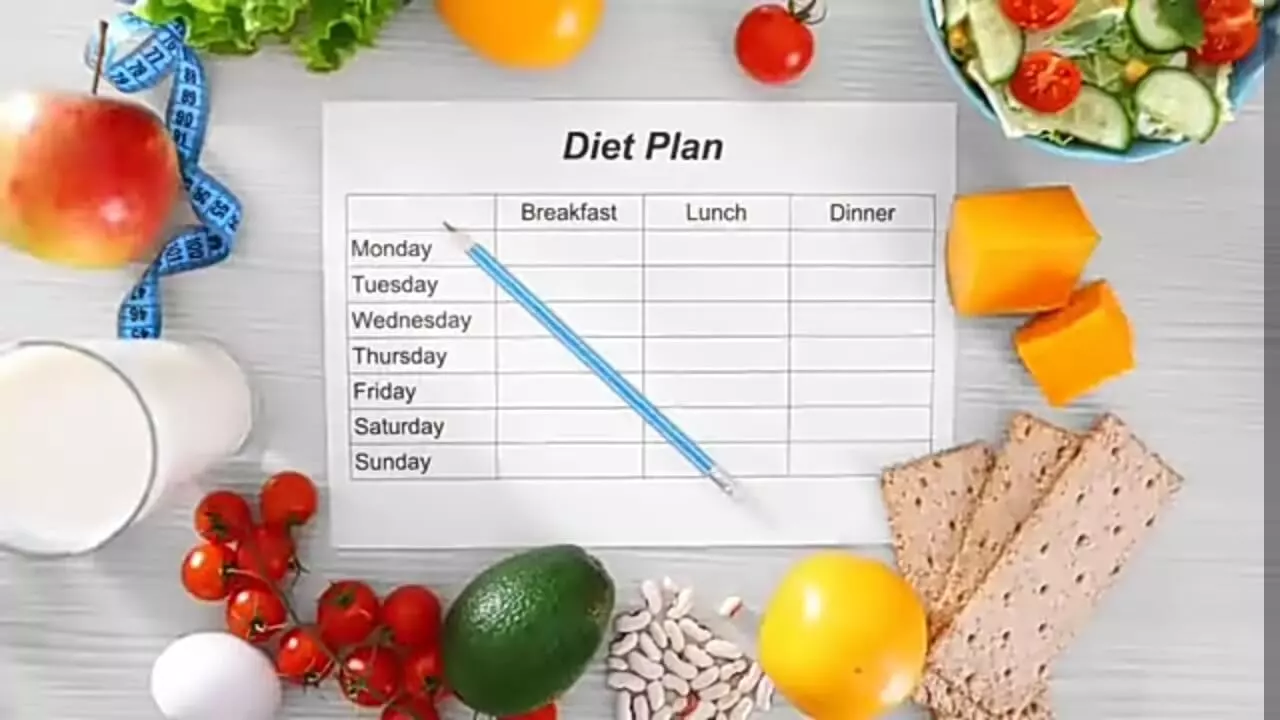How To Become A Nutritionist
Nutritionists provide dietary advice to their clients. Become a dietitian when you are involved in dietetics, faculty of agriculture, or assisting individuals in becoming healthier. If you desire to pursue your professional career as a nutritionist, you can get certified by Nesta. The link of Nesta is https://www.nestacertified.com/nutritionist/. We cover what a nutritionist conducts in this profession in this post.

What are all the steps to becoming a nutritionist?
Most of the times the processes of being a nutritionist vary according to your career.
- Choose between becoming a nutritionist or a licensed dietitian.
- Obtain a bachelor’s certificate in a field connected to health.
- A master’s degree or research program in nutrition can help you advance your career.
- Internships are a way through which you can get experience.
- Read about the certification criteria in your country.
- Acquire certification as a nutritionist from a reputable organization.
- Become a licensed dietitian nutritionist by earning your certification.
- Keep your certification current.
What Is the Role of a Nutritionist?
Nutritionists assist customers in developing better eating patterns in order to avoid and treat diseases such as diabetes, cardiovascular disease, or obesity. Persons with a particular health objective or who require help controlling symptoms, as well as organizations with common characteristics, can engage with a dietitian. Nutritionists also assist clients in establishing a healthy, happy connection between eating and their physique.
- The jobs of dietitians vary according to where they perform however there are certain obligations that all dietitians will have to deal with at some time in their careers, including:
- Assessing a patient’s nutritional and medicinal needs.
- Developing instructional materials on food and good eating habits.
- Creating custom meal or nutrition strategies that take into account the food choices and finances of clients.
- Assisting customers in developing healthy eating habits.
- Keeping track of clients’ progress.

Gina Jordan is a health blog author who has been writing about healthy living since 2013. She started her journey by adopting a vegan diet and eating only organic foods, but the more she learned, the more she realized that we should all be eating plant-based diets exclusively. As an expert in nutrition and wellness, Gina blogs to educate readers on how they can live happier and healthier lives through food choices!













